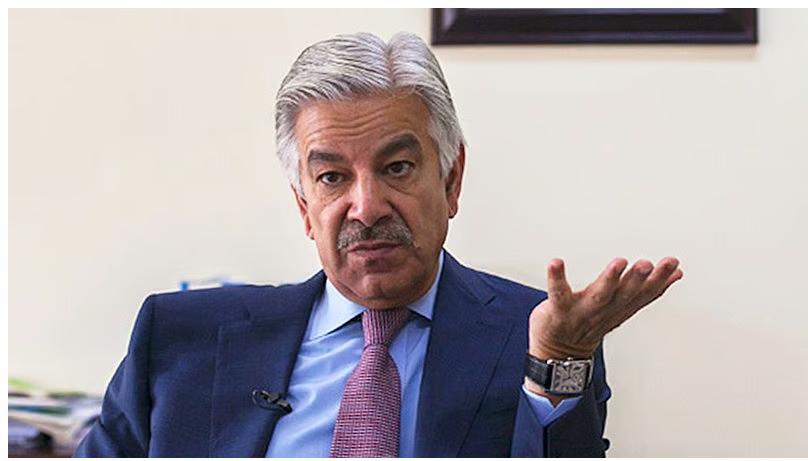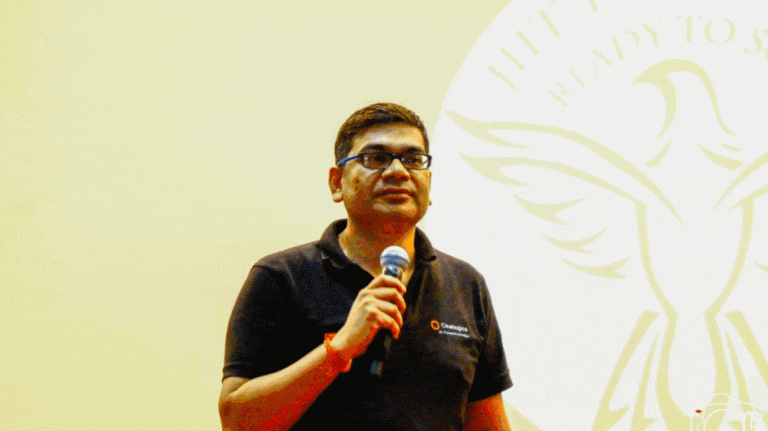
Pakistan Defence Minister Admits to ‘Hybrid’ Regime Model
In a recent interview with Arab News Pakistan, Pakistan’s Defence Minister Khawaja Asif made a startling admission: Pakistan is not an ideal democracy, but rather a “hybrid” regime. This statement has sent shockwaves throughout the country, raising questions about the nature of the government and the role of the military in Pakistani politics.
Asif’s comments came as a surprise to many, as Pakistan has long been touted as a democracy with a democratic system of government. However, Asif’s admission suggests that the reality is far more complex. In the interview, Asif stated that if the hybrid model of governance had been adopted in the 1990s, it might have yielded better results.
But what exactly does Asif mean by a “hybrid” regime? In the context of Pakistan, it is likely that Asif is referring to the co-ownership of power between the military and civilian leadership. In Pakistan, the military has long played a significant role in politics, with many military leaders having served as prime minister or president.
This co-ownership of power has led to a system of government that is often referred to as a “soft coup” or “co-optation.” In this system, the military and civilian leaders work together to govern the country, with the military often exerting a significant amount of influence over the civilian government.
Asif’s admission is significant because it suggests that the military-civilian divide in Pakistan is not as clear-cut as it may seem. It also raises questions about the role of the military in Pakistani politics and whether it is truly a democracy or a hybrid regime.
The military’s role in Pakistani politics has been a topic of controversy for many years. Many critics argue that the military has too much power and influence over the civilian government, and that this has led to a lack of accountability and transparency.
In recent years, there have been several instances where the military has intervened in politics, often with the aim of removing a civilian government that it deemed to be incompetent or ineffective. This has led to a sense of instability and uncertainty, as politicians and citizens alike struggle to understand the role of the military in the government.
Asif’s admission is likely to add fuel to the debate about the role of the military in Pakistani politics. Some will see it as a sign that the military is too powerful and that it is time for the country to return to a more traditional democratic system. Others will argue that the military’s involvement is necessary to maintain stability and order in the country.
Regardless of one’s views on the matter, Asif’s admission is a significant development in Pakistani politics. It suggests that the country’s system of government is far more complex and nuanced than it may seem, and that the military-civilian divide is not as clear-cut as it may seem.
In conclusion, Khawaja Asif’s admission that Pakistan has a “hybrid” regime rather than being an ideal democracy is a significant development in Pakistani politics. It highlights the complex and nuanced nature of the country’s system of government, and raises important questions about the role of the military in Pakistani politics.
As the country moves forward, it is essential that citizens and politicians alike understand the nature of the government and the role of the military in it. Only by doing so can Pakistan build a more stable and accountable system of government that serves the needs of all its citizens.






